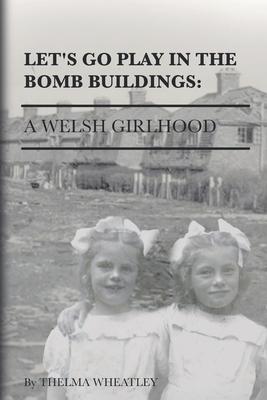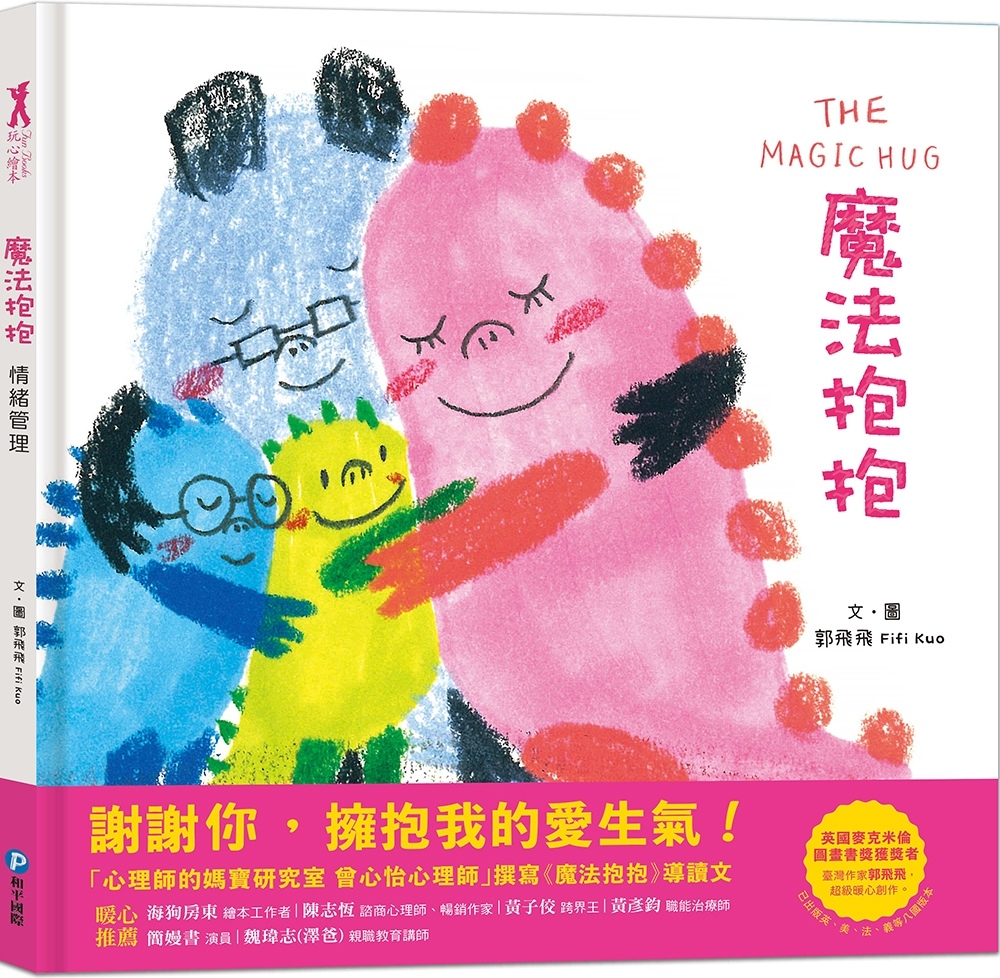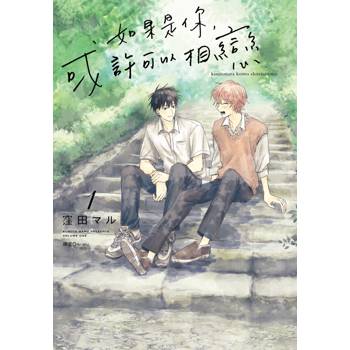The interlude between the Second World War and the "Hippie" era is generally known as the Silent Generation, its children regarded as conservative, quiet and obedient, at least on the surface.
Wheatley peers beneath the surface and reveals a childhood when, despite the presence of the bombed houses and streets of Swansea, "rationing" that continued into the mid-fifties, and austerity - girls especially were wonderfully free to play outside, having play fights, making dens, exploring their sexuality and climbing trees.
The reader is led on a journey through earliest childhood playing among the derelict bombed buildings as the war closes, through schooldays when discipline was strict and girls as well as boys were beaten with canes and rulers, to a coming of age in adolescence and the author’s first disastrous dance and date with a boy. In particular, the author depicts the phenomenon of being a twin, and the stereotypical views about twins after the war that affected both herself and her sister. There is a subtle undercurrent of Welsh identity in the endearing characters of the author’s Welsh-speaking grandmother, "Nangi", and her humorous English-speaking Nanny, and the ensuing battle that erupts when the author in grammar school decides to speak Welsh.
And beneath everything, the War is an ever-looming presence reminding everyone to take nothing for granted.
A memoir of perception and compassion.












